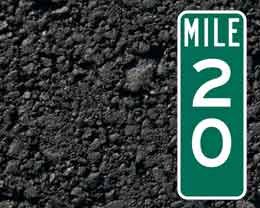 A plan that could bring the World Wide Web under more commercial control could threaten free speech and allow totalitarian governments to muzzle dissidents.
A plan that could bring the World Wide Web under more commercial control could threaten free speech and allow totalitarian governments to muzzle dissidents.
Efforts to give different priorities to web traffic and closed systems like Facebook and iTunes threaten the web's ability to promote free speech, said Tim Berners-Lee, the British engineer who created the first website in 1990.
He made the statements in an essay published in December's Scientific American to mark the 20th anniversary of the World Wide Web.
"If we, the Web's users, allow these and other trends to proceed unchecked, the Web could be broken into fragmented islands. We could lose the freedom to connect with whichever Web sites we want," he wrote.
The inventor of the web also criticized a variety of companies including Apple, Facebook, Verizon, Google and Internet Service providers for advocating changes that could hamper the world's last electronic frontier.
"Some of [the web's] most successful inhabitants have begun to chip away at its principles," he said in the Scientific American essay. "Large social-networking sites are walling off information posted by their users from the rest of the web. Wireless internet providers are being tempted to slow traffic to sites with which they have not made deals. Governments - totalitarian and democratic alike - are monitoring people's online habits, endangering important human rights."
The web started small.
In December 1990, the first website, the first web server and first browser were contained in one single computer as an experiment in Berners-Lee's office in Geneva, Switzerland.
Learn more about net neutrality by reading CNET's Net Neutrality FAQ.